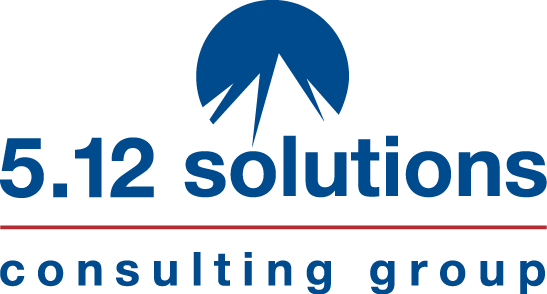Think about the last relationship that you left. It might have been with your husband, wife or partner. Maybe a friendship dissolved. Perhaps you haven’t spoken with a parent or sibling for quite some time.
Why did you leave that relationship?
People leave relationships when their needs aren’t met. When expectations are muddled or confusing, they seek clarity from other sources. When growth stagnates, they look for new opportunities. When we fail to develop meaningful connections, we look for connections with others.
We Break Up in the Workplace Too
The same applies to our relationships in the workplace. People leave managers, team members and employers when their needs aren’t met.
But for some reason, leaders often forget that employees are people. Human beings.
And human beings have needs, even (and especially, I would argue) in the workplace. When those needs aren’t met, they leave. Perhaps it’s the rapid pace of change or the state of our technological environment where people are connected but not connecting.
Whatever the reason for the disconnect, leaders can’t lose sight of the fact that people are generally doing their best at work and simply trying to meet their needs. And if we don’t help people meet those workplace needs, they’ll find a way to get those needs met with another employer or in a way that isn’t productive for your culture.
Keep in mind, the average employee will have 8-10 jobs by the time they reach 38. That’s an average of less than two years per job. An organization doesn’t even recover the cost of hiring, onboarding and developing a person when they get less than two years of productivity from an employee.
If you want good people to stick around for longer in your organization, you must find a way to help them productively meet their human needs in the workplace.
6 Cs of Human Needs in the Workplace
We’ve noticed in our work, coaching and training thousands of leaders worldwide, that the common thread between all people in the workplace lies in these 6 human needs. Regardless of race, gender, ethnicity and even geographical location, we believe these needs are universal and essential for people to thrive at work.
There are 4 core needs that all people seek and two higher-level fulfillment needs.
The 4 Core Needs
- Clarity: This is the most foundational need at work. People need clarity about what is expected of them. If they don’t have that clarity, it’s nearly impossible for them to know what it will take to be successful.
- Certainty: People need some level of certainty and psychological safety, where there is a shared belief that they can take interpersonal risk. In the workplace, that means taking risks like asking for help, offering help, admitting mistakes, and sharing different perspectives.
- Contribution: People want to know that their contribution matters – that they are valuable. Assuming financial compensation is equivalent to similar roles in other similar organizations, this has less to do with money and more about how people feel. People want a commitment from their workplace–to feel valued and appreciated, to know that they have a voice and that they will be heard. Without this need being met, people rarely feel a sense of commitment to a leader, team or organization.
- Connection: People have a strong need for belonging. In the workplace, they want collegial and meaningful relationships that are founded on trust. Without social connection, people will be reluctant to take risks and engage in the conversations that matter most for the organization.
The 2 Higher-Level Fulfillment Needs
There are two higher-level needs whose fulfillment can create a deeper relationship between employees and their work.
- Challenge: When a work environment provides a place for individual and collective development, people can see themselves moving closer toward their highest potential. High performers have a strong need for challenging work and to constantly be growing and finding ways to become the best version of themselves.
- Community: When people know that their work has an impact beyond themselves and reaches a larger community, it gives them deeper meaning and purpose. It enables them to tap into their most authentic self and inspires a drive that can never come from a heavy handed or top down approach.
Where Do You Go From Here?
In the next several posts, we’ll explore each human workplace need in depth, helping you identify the mindsets, skill sets and habits necessary to help yourself and others get your needs met at work. After all, if you or others only have one or two needs met at work, it’s likely you’ll break up with your manager or employer and seek another role or employer elsewhere. But, if you and others can meet three, four or even five of your needs, you’ll be much more committed to the relationship.
For now, take the following two steps:
Step 1: Assess which of these 6 human workplace needs are most important to you and reflect on how you go about getting those needs met. Which of those ways are productive and unproductive?
Step 2: Assess which of these 6 human workplace needs are important for your team members, peers and manager and how you contribute to helping others get their needs met at work.

